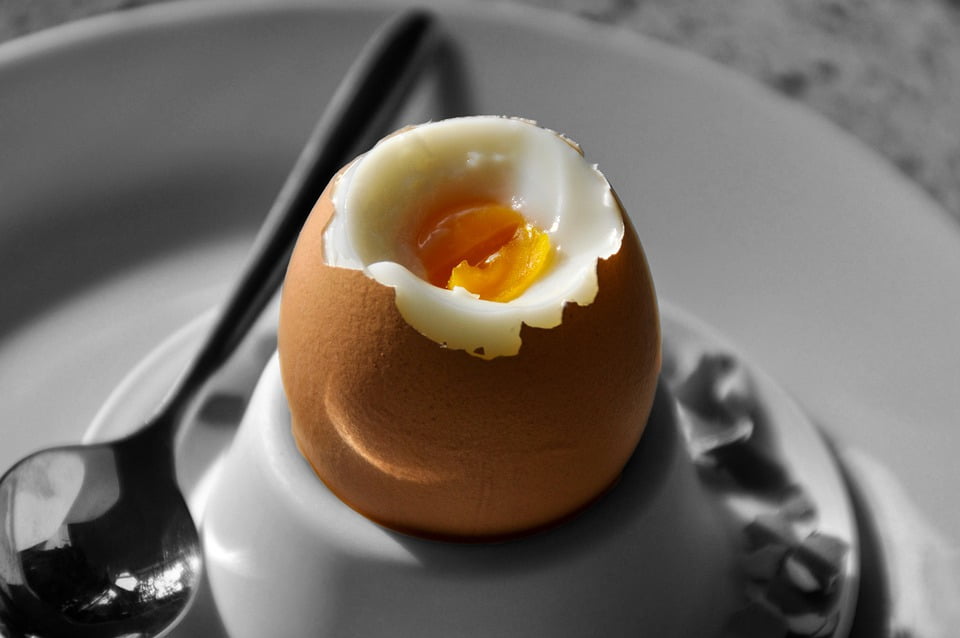Is Penny Mordaunt To Replace Boris Johnson UK Prime Minister? As a result of Boris Johnson’s decision to step down as prime minister, the question “Will Penny Mordaunt be the next prime minister of the UK” is trending on social media.
He made the decision to do so following a rocky 48 hours that included the resignation of 50 MPs.
The UK government is in the middle of a political crisis with a possible Prime Minster seat to be vacant. According to the express, Health Secretary Sajid Javid and Chancellor of the Exchequer Rishi Sunak have both resigned from their post.
This resignation has left Boris Johnson in hard rock territory. The Johnson government has been heavily criticized for the party gate incident. Boris always found himself in the middle of controversy.
With the Prime Minister’s seats up for grab, netizens are wondering who will be the next head of the state. There are plenty of candidates with the odds discussed all over social media. Let’s find out.
Is Penny Mordaunt To Replace Boris Johnson UK Prime Minister?
Penny Mordaunt, a member of the Conservative Party and the Minister of State for Trade Policy is one of the candidates to replace Boris Johnson.
With the resignation underway, the odds between the contestant keeps on changing. According to the express, Penny Mordaunt stands with an odd of 9/2. She is seen as one of the possible candidates for Prime Minister.
Can I get a retweet for Penny Mordaunt as our next Prime Minister? ?? pic.twitter.com/vmvm3fYCXU
— Facundo Savala (@FacundoSavala) July 5, 2022
However, the current Minister is having a tough battle with Mark Harper, who jumped from favorite at 31/10 on Tuesday afternoon to 69/1 on Wednesday evening.
The second favorite to take the top job is Mr. Sunak, with odds of 13/2. Sunak has commended bringing a government that can work effectively and efficiently. However, till now no official information has been passed on the internet.
Penny Mordaunt Disability: What Happened To Her?
Penny Mordaunt is no different abilities, and the politician is perfectly fine.
However, during Theresa May’s appointment as the Prime Minister, she was appointed as the Minister of State For Disabled people, work, and health.
In 2018, Penny’s opening speech at Global Disability Summit was something powerful. She furthermore told that when we add differently able people things will be much better.
Penny Mordaunt Husband: Is She Married?
Penny Mordaunt was married to her ex-husband, Paul Murray in 1999. The two couples met each other as students at Reading University.
However, the marriage could not last for long, and had divorced in the following year. However, after the divorce, she was later in a long-term relationship with Ian Lyon, a classical singer.

The couple didn’t announce any children’s details during their marriage. Most of their married life details are kept hidden under closed curtains.
At the moment, Penny has not mentioned any details of her dating lifestyle. With no official confirmation, it is unwise to predict any details.
How Much Is The Net Worth Of Penny Mordaunt?
According to gossipgist, Penny Mordaunt’s net worth is estimated at 5 million USD in 2021.
She earns the paycheque for the job of Minister of State for Trade Policy and has been working since September 2021. She has been a loyal servant of the government since 2013 and also is a military-ranked official.
Penny Mordaunt Biography, Age, Wiki, Net Worth, Personal Life, Height, Weight, Boyfriend, Family, Education, Social Media Accounts, And More https://t.co/HdgLxoVs9T
— Myinfohut (@my_infohut) January 27, 2022
Penny is ranked as the Honorary Captain in the military. The average salary of a Minister based in the UK is estimated at 84K pounds annually.







